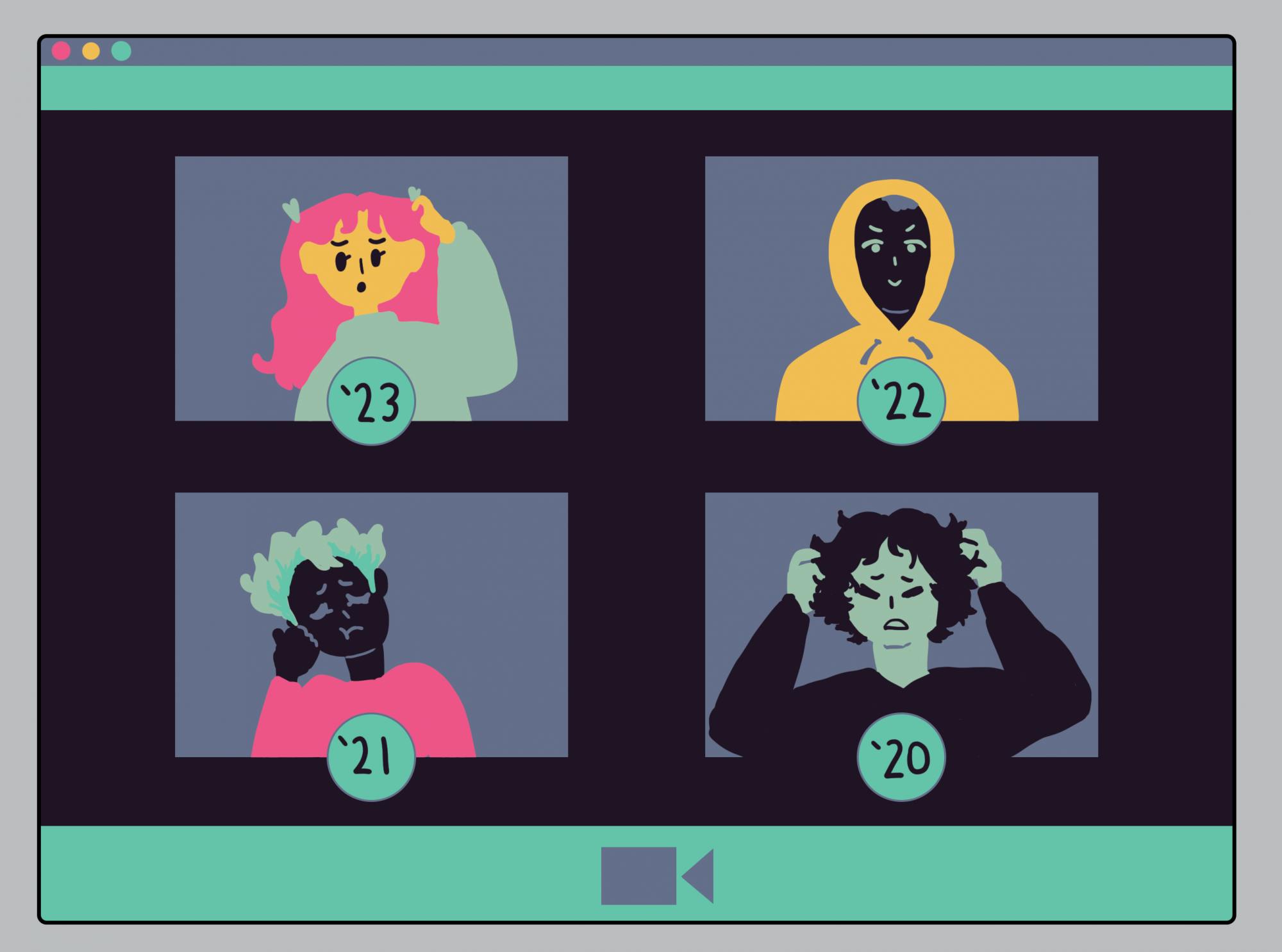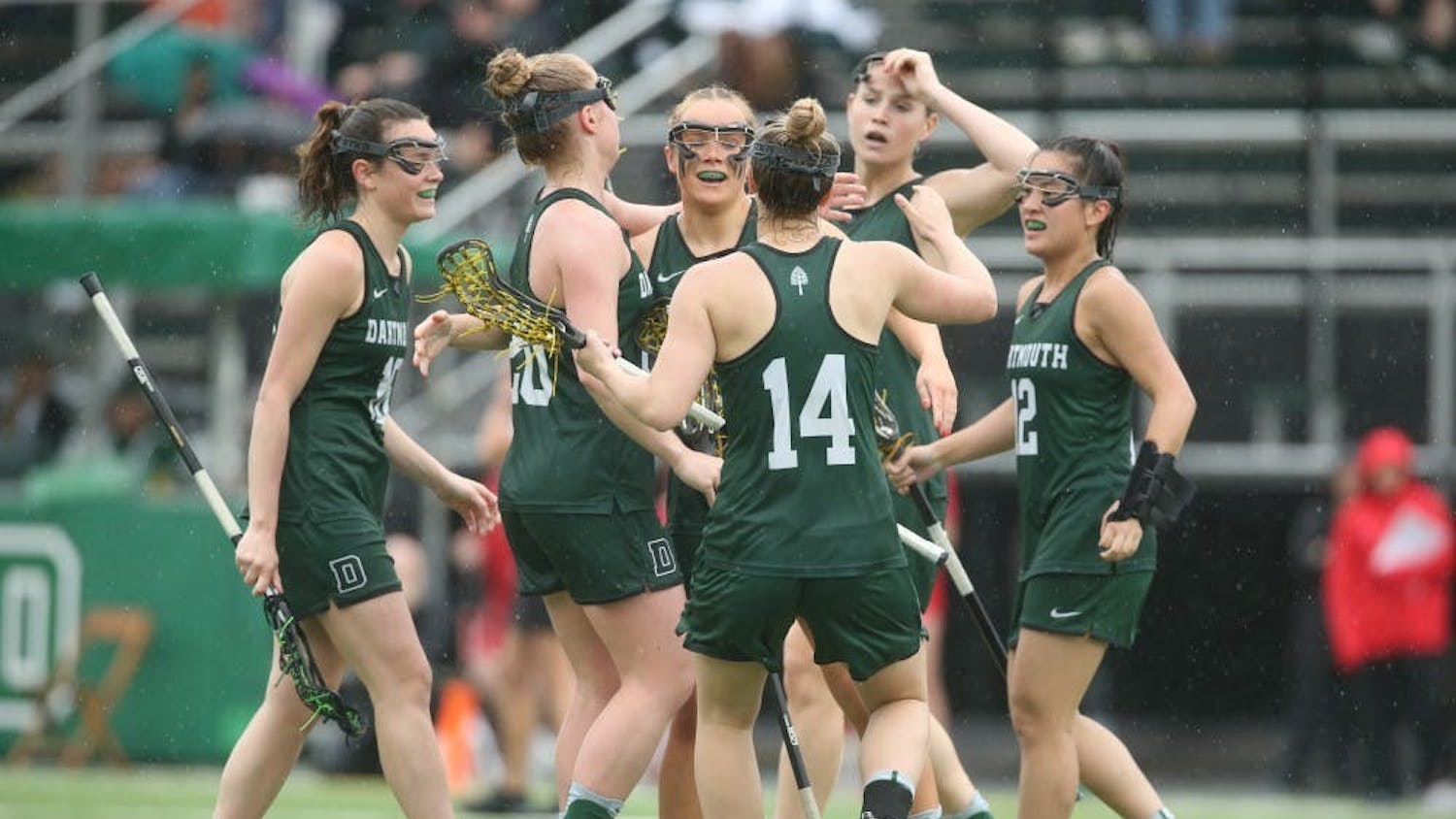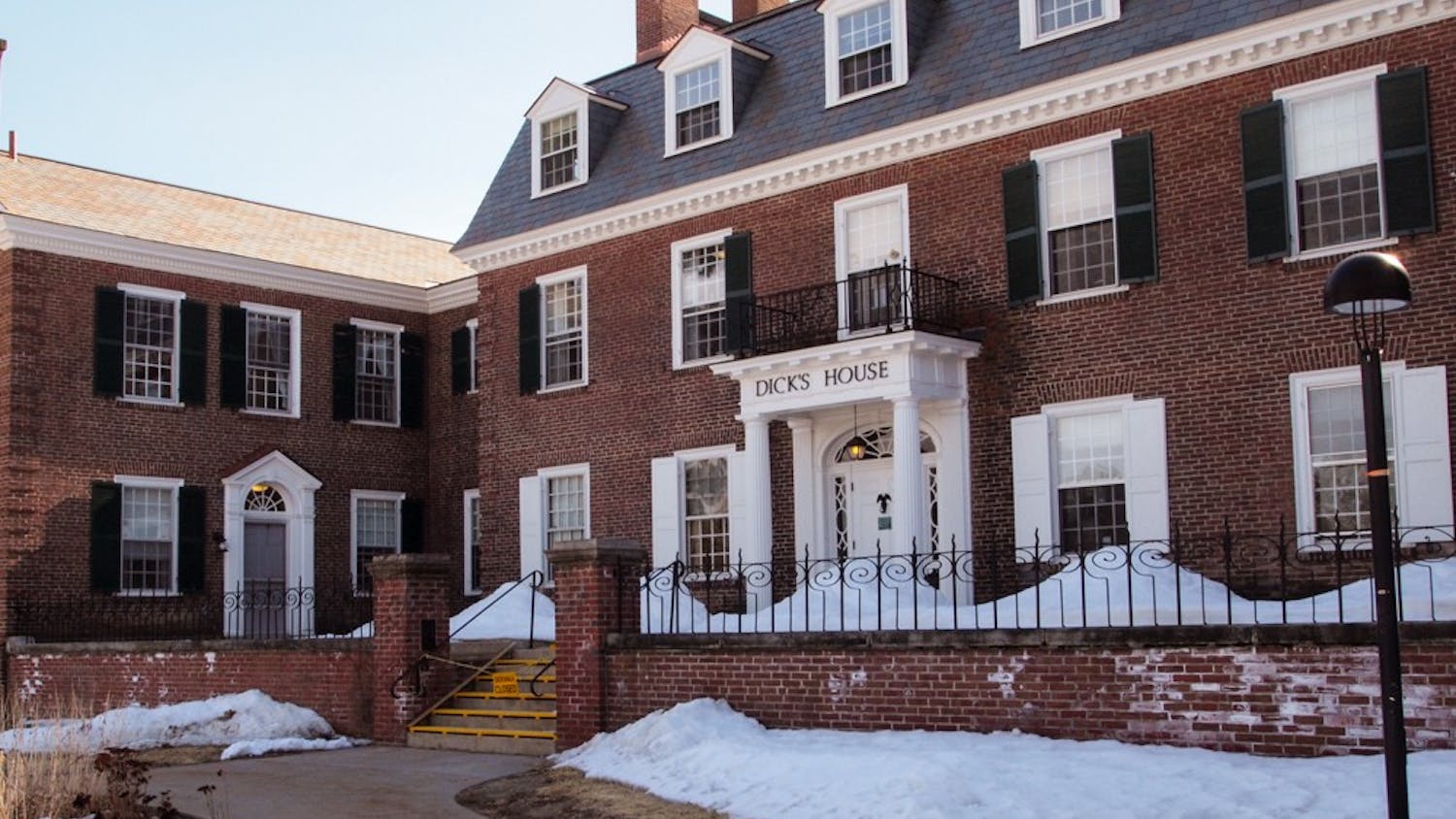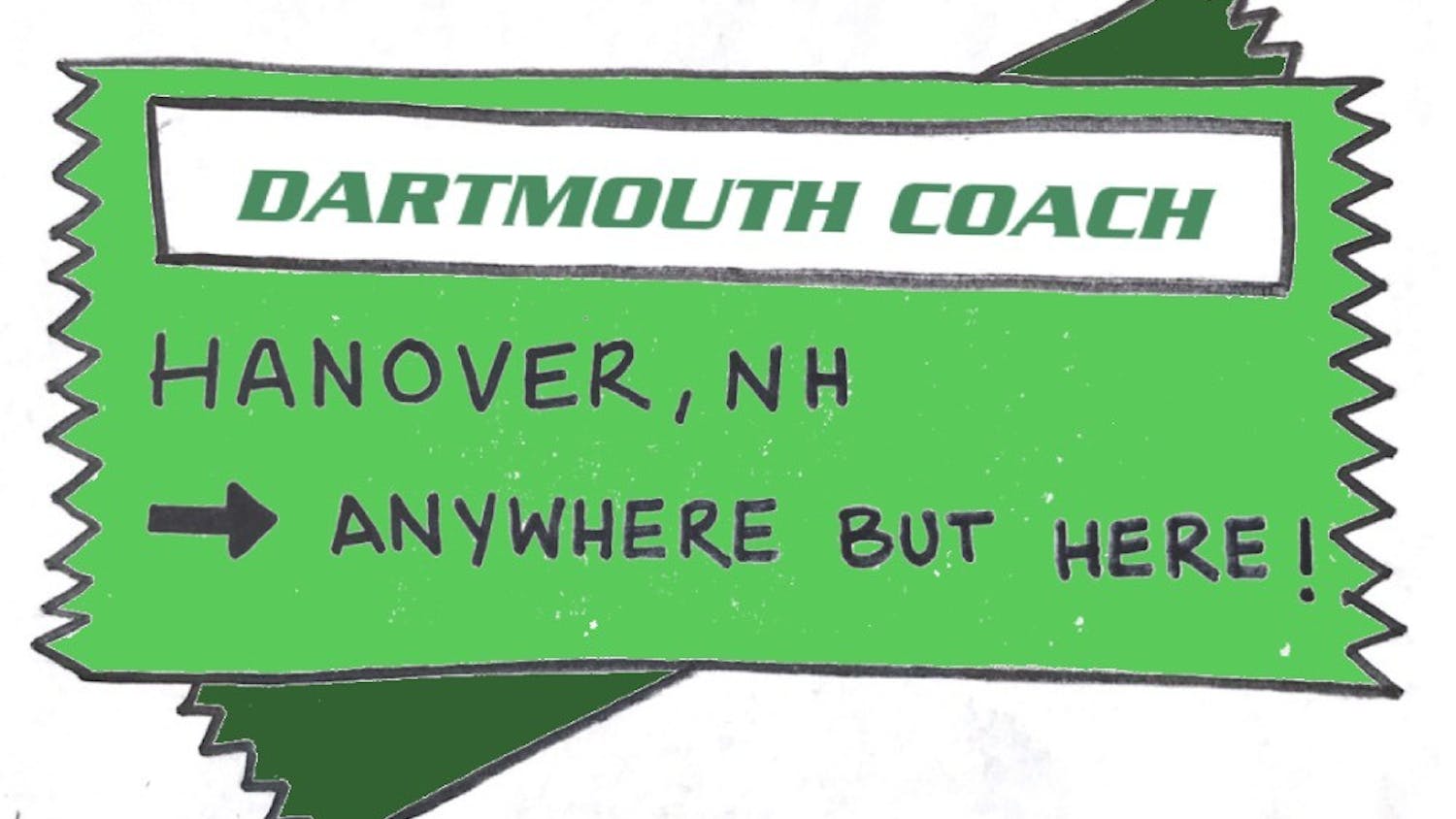In the two weeks between Dartmouth’s finals period and the start of spring term, college life as we knew it came to a halt. On March 12, undergraduate students received an email announcing that the first half of spring term would be online. While some students held onto the hope that they would be reunited with their peers halfway through spring term, students quickly received another email on March 17 confirming that the entirety of spring term would be conducted remotely.
With these new decisions come new realities. The daily routines of college students have radically changed on short notice. All undergraduate students have to adjust to new circumstances. However, the reaction to these changes differs by class year.
Freshmen had to quickly leave the new community they’d built during their first year at Dartmouth. They face the uncertainty of maintaining close relationships with their new peers amid their time away from campus. Sophomores cling to the hope that they can experience a traditional sophomore summer. Juniors — many of whom were abroad or off campus for one or more terms this year — will return in the fall to a campus they have not seen for some time.
Those hit hardest by the recent changes are the seniors. They were forced to say their final goodbyes to their home of four years much earlier than expected. Most seniors left campus the week of March 9. They scanned their IDs to enter their dorm rooms, grabbed meals with friends and studied in Baker-Berry library, unaware that they were completing most of these actions for the very last time.
However, there are some things that all students — regardless of class year — will miss about Dartmouth. Most notably, students will miss in-person interactions with their peers and professors. India Nelson ’20 noted that spontaneous in-person conversations can fuel important academic discussion.
“I think the most valuable parts of campus are the relationships you build with other classmates and professors,” Nelson said. “I think face-to-face interaction often spurs different sorts of conversations, and it can be more spontaneous.”
Aditi Gupta ’23 echoed Nelson, stating that the most important conversations are often those that are unplanned.
“Dartmouth thrives on serendipitous relationships, in my experience,” Gupta said.
Alex Rossillo ’21 said that her peers enhance her classroom experience, adding that she learns from the comments and questions that others make in class.
Peers can be vital resources for success in courses. Daniel Akili ’22 shared that he was excited to take classes with his friends this term so that they could collaborate on coursework. Given that it is more difficult to collaborate virtually, courses will now be a more independent endeavor.
“I have no idea what to expect,” Akili said. “I’m just waiting to see how the first week is going to go. I don’t know how to prepare for the term.”
With all these changes, it’s hard to sustain the excitement that usually comes along with the beginning of a new term.
“I was really excited for winter term to be over and spring term to start. I don’t feel excited anymore,” Akili added.
Rossillo agreed that there was an abrupt end to the excitement surrounding spring term.
“I’ve been home since late November, and now I’m going to be home until the beginning of September, so it’s almost a full year,” Rossillo said. “I met up with other Dartmouth kids in New York towards the end of what we thought would be our time home. We were all dying to go back [to Dartmouth].”
The loss of an on-campus spring term results in the loss of highly anticipated traditions. Gupta and Rossillo both noted that they were sad that this spring will be one without Green Key. Another is the loss of community. Nelson noted that students are able to bond with each other during senior week, when students of the graduating class are the only ones on campus.
“I was really looking forward to senior week,” Nelson said. “I think during sophomore summer people really come together, and there’s a sense of unity. I thought that that would happen again senior week. Everyone is reconnecting with old friends, making new friends and appreciating Dartmouth.”
However, students are trying their best to continue social interactions through digital platforms, such as FaceTime and Zoom.
“I feel like still having the community is super important, and it’s hard to adapt that to a virtual format,” Rossillo said, referencing the attempts of her sorority, Chi Delta, to remain connected remotely. “[Chi Delt’s cabinet] has been meeting nonstop to try and figure out the best way for it. For people who are in a home they’re not comfortable in or people with underlying mental health conditions, this is a really stressful and hard time.”
While it is easy to focus on what this pandemic has caused us to lose, there are still lessons that can be learned from it. There’s that old saying that “you don’t know what you have until it’s gone.” This statement was true for Gupta.
“I didn’t realize how much I liked this school until I had to leave it unexpectedly,” Gupta said.
According to Nelson, the lessons we can learn from this crisis extend far beyond Dartmouth’s campus.
“This pandemic has exposed a lot of problems in our society,” Nelson said. “Hopefully, this pandemic shows people all of the flaws in our political system and perhaps sparks a greater interrogation of the values we have as a society and the way our society is set up.”
Nelson also reflected on how the situation has pushed her to self-reflect and reconsider her goals and priorities.
“I think it’s just affirmed my passion for urban development and policy-making. It’s given me a sense of creativity, and it’s pushed me to look at other options if my job prospects do change,” Nelson said. “[This pandemic] has shown me the importance of slowing down and embracing simplicity. It has shown me how resilient and optimistic I am.”
Additionally, after taking a forced break from Dartmouth’s campus, Rossillo believes that many students will learn to appreciate Dartmouth even more when they return.
“When I get back [to Dartmouth], I’m going to take advantage of every opportunity I have. Not only to be with the people that I care about, but also to be more active in parts [of campus] I’ve never been involved in,” Rossillo said.
Nelson shares this sentiment of appreciation and hopes that it extends beyond one’s years at Dartmouth.
“I think that this is going to make people appreciate Dartmouth more and be more involved in Dartmouth after graduation,” Nelson said.
At Dartmouth, community is often hard to say goodbye to. We have traditions that we cherish and memories that we want to continue making. And at times, we take the smaller moments for granted. This pandemic has highlighted the fact that life can drastically change in an instant. We can choose to mourn what we have lost, or we can marvel at our resilience. In order to move forward, perhaps both are necessary. Hopefully, we will return to campus with a greater appreciation for the people and places that have made Dartmouth a home to all of us.




